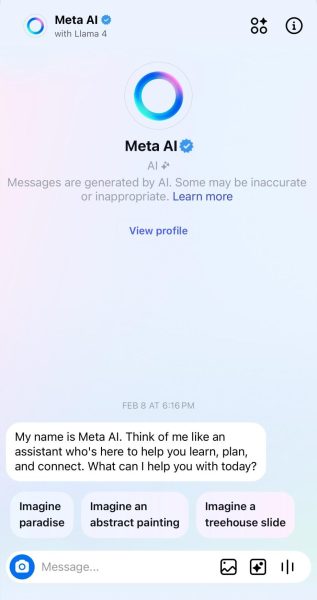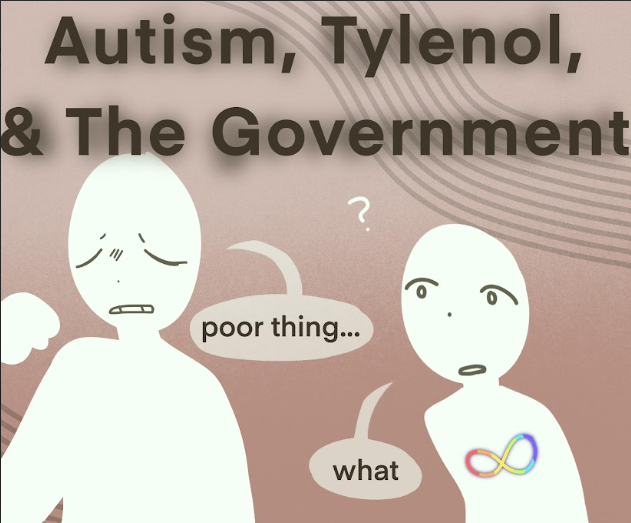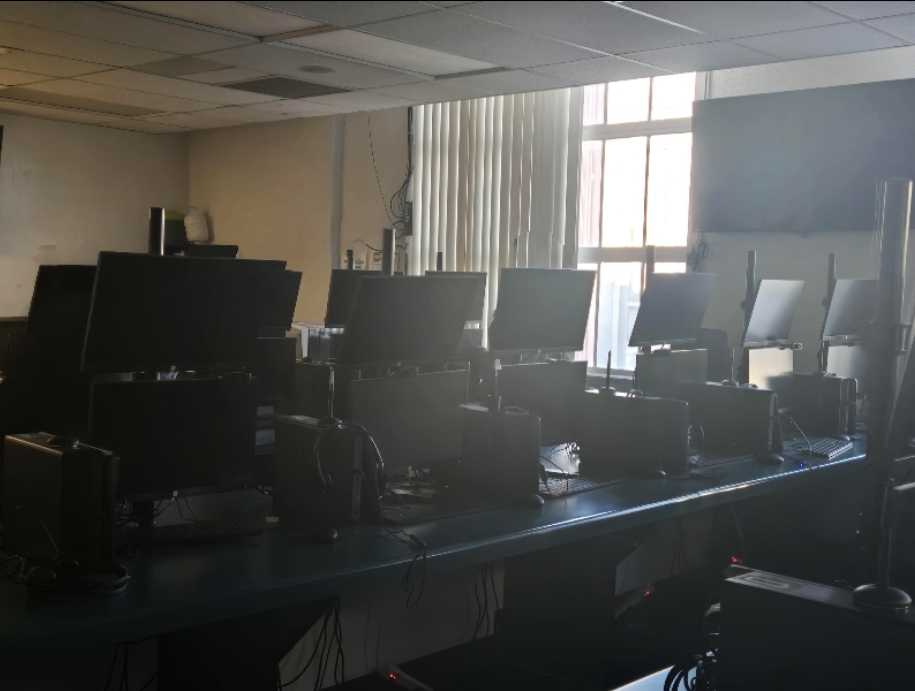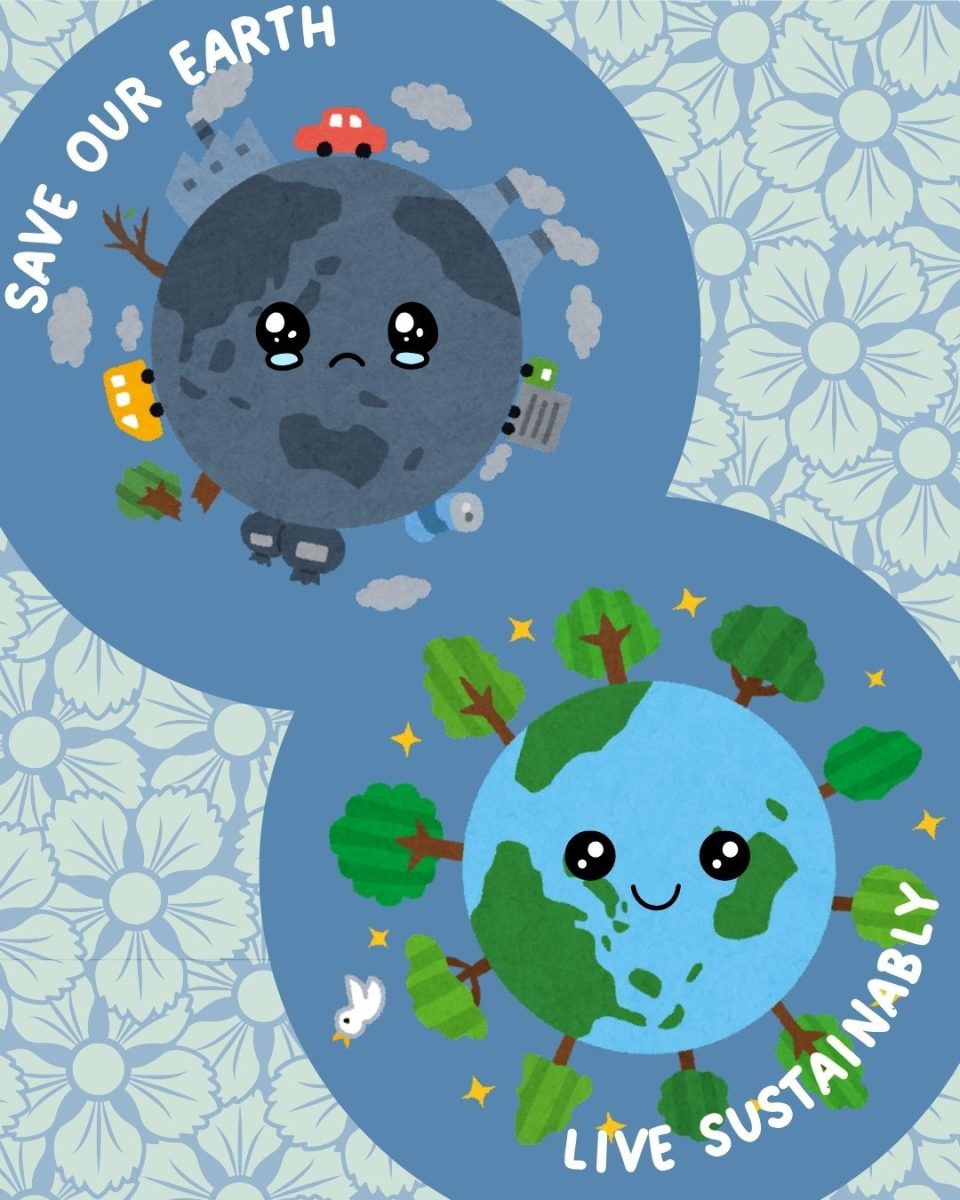It’s become the ultimate shortcut, a free personal assistant to help you with whatever you might need, or in the case of many students, will even completely do it for you. From homework assignments to schedule planners to grocery lists, Artificial Intelligence (AI) can seem to do it all, taking a load of labor off for many important everyday tasks. Because of this AI use is now rapidly expanding and you can find its use on almost all social media platforms, websites, and more. But as we rapidly take advantage of such a resource, feeding it endless prompts daily, have we yet to consider the consequences?

Recent research indicates that AI and its rapid development are causing significant environmental damage and is not sustainable at its current method and rate of use. To begin with, the process just for training an AI model produces a substantial carbon footprint. In a study done at the University of Massachusetts, it was found that the AI training process emits more than 626,000 pounds of carbon dioxide. To put it into perspective, that is the equivalent of 300 round-trip flights between New York and San Francisco and almost 5 times the emissions of an average car’s life cycle, according to Earth.org.
Regarding this same research, computer scientist from the University of A Coruña in Spain Carlos Gómez-Rodríguez told MIT Technology Review, “In general, much of the latest research in AI neglects efficiency, as very large neural networks have been found to be useful for a variety of tasks, and companies and institutions that have abundant access to computational resources can leverage this to obtain a competitive advantage. This kind of analysis needed to be done to raise awareness about the resources being spent […] and will spark a debate.”
Not only are these numbers highly concerning, but they are also growing. OpenAI researchers Dario Amodei and Danny Hernandez say that since 2012, the computer power that is required for deep learning model (the area of machine learning that AI uses to mimic the human brain) research has doubled every 3.4 months, quickly making these already drastic side effects even worse. This shows that the impact will only continue to get worse, especially as it continues to become a part of more and more everyday tasks. Search engines and social media platforms now even utilize AI for some of their operations, giving users no other choice. Without a greater plan to cut back on its production and use or a new approach to its operations, these concerns could quickly escalate.


























